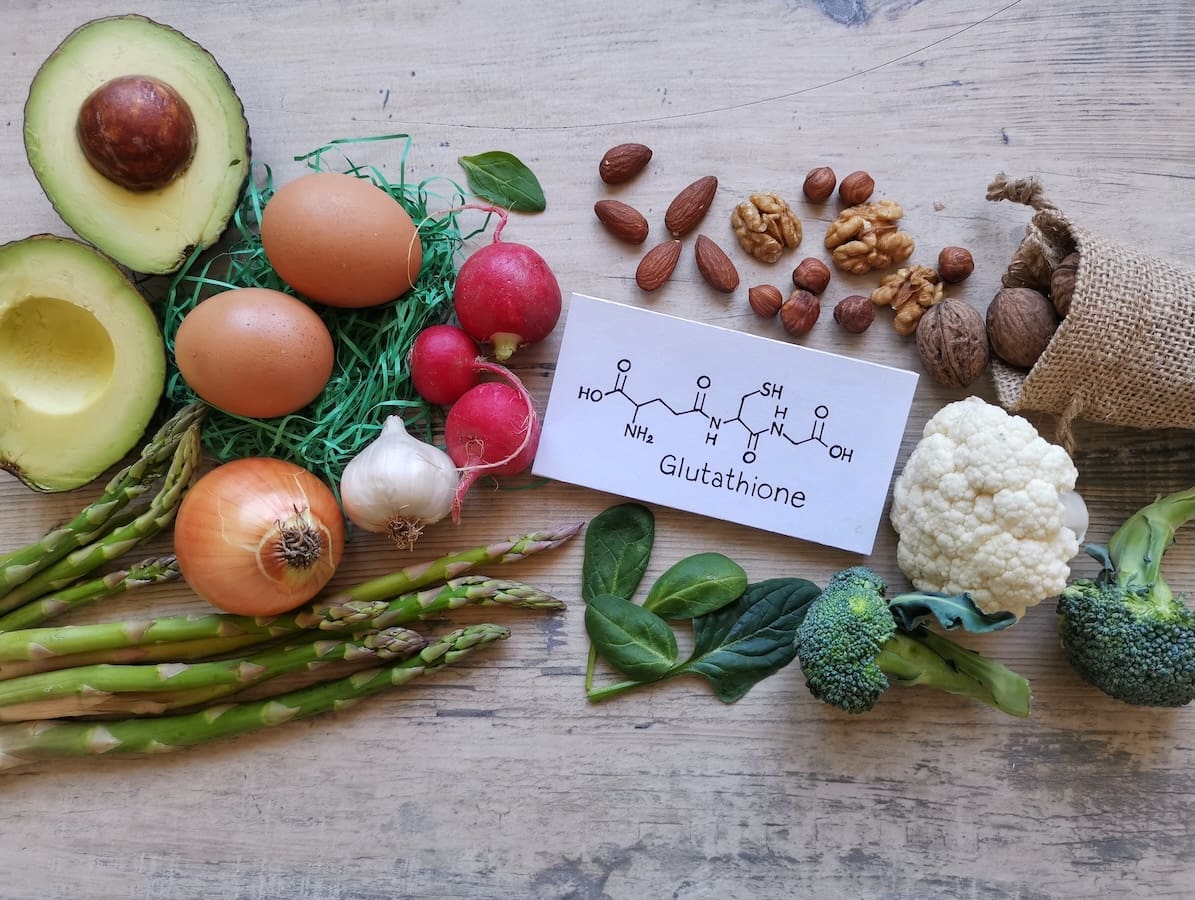Natural help for psoriasis
By naturopath Margaret Jasinska
Psoriasis is a common, chronic skin condition. It is an autoimmune disease that causes skin cells to build up too rapidly. This results in redness, scaling, itching, dry skin, and sometimes pain. The patches of inflamed skin are called psoriasis lesions. Any part of your skin can be affected by psoriasis, but it’s most common on the scalp, knees, and elbows.
Many people don’t realise psoriasis is actually an autoimmune disease. When I ask my patients if they have a family history of autoimmune disease they often say no. If I specifically ask about psoriasis they change their answer. Psoriasis is actually the second most common autoimmune disease in the world, affecting 2,020 per 100,000 people. The number one most common autoimmune disease is Hashimoto’s thyroiditis, which causes an under active thyroid gland.
Autoimmune disease is a significant cause of health problems in Australian. In fact according to the Australasian Society of Clinical Immunology and Allergy, one in 20 Australians has an autoimmune disease. The vast majority of them are women.
Autoimmune diseases are a broad range of conditions where a person’s immune system launches an attack against their own cells, tissues and/or organs. This results in inflammation throughout the body, and significant damage to specific parts of the body. There are officially 81 different autoimmune diseases, with around another 20 or so diseases considered to have an autoimmune component. Increasingly, diseases that were once considered idiopathic (of unknown origin), are now being labelled autoimmune.
Psoriasis isn’t considered a severe autoimmune disease in most instances, because it affects the skin, rather than a vital organ like the kidneys or liver. However, psoriasis can have a profoundly negative impact on a person’s life, precisely because it does affect the skin. When the disease affects the scalp, face or large areas of the body, it can have a devastating effect on self-esteem, body image, psychological health and one’s social life. Depression co-exists with psoriasis quite frequently.
The other issue is, once a person develops one autoimmune disease, they are at greatly increased risk of developing another. There is a close relationship between psoriasis, coeliac disease, rheumatoid arthritis and inflammatory bowel disease (Crohn’s disease and ulcerative colitis). Maybe the individual with psoriasis develops another one of these diseases, or maybe they occur in family members.

What causes psoriasis?
There is no one single factor responsible for the development of autoimmune disease. It occurs as a result of several factors, in a genetically susceptible individual. You cannot develop an autoimmune disease unless you have specific genes. The tendency to develop an autoimmune disease runs in families. You won’t necessarily develop the same autoimmune disease that someone in your family has; you just inherit an increased chance of developing one of them.
Just having the genes isn’t enough though. You need to be exposed to one or more environmental factors that trigger off the disease. Environmental triggers include things like an infection, specific foods that your body can’t tolerate, emotional stress, exposure to chemicals or toxic metals; pregnancy, a nutrient deficiency and others. The third critical component for developing an autoimmune disease is a leaky gut (also known as increased intestinal permeability).
Leaky gut is particularly relevant for psoriasis and in fact all inflammatory skin conditions. The skin on your body is a good indicator of what’s happening to the lining of your gastrointestinal tract, which is your skin on the inside. If your gut lining is irritated or inflamed, you are more likely to develop an autoimmune disease such as psoriasis.

Natural help for psoriasis
Because approximately 80 percent of your immune system is located in your digestive tract, we always focus on improving gut health in order to improve immune health. Inflammatory foods must be eliminated from the diet, and foods that promote leaky gut should also be removed. These include gluten, grains, dairy products and sugar.
People with autoimmune disease typically have digestive problems such as enzyme deficiencies or an imbalance between good and bad gut bacteria. Digestive problems usually result in malabsorption and nutrient deficiencies. These nutrient deficiencies impair immune health and worsen inflammation.
The following strategies should help to offer relief:
- Alcohol has a particularly negative effect on psoriasis. It can cause a serious flare up. Beer seems to be the worst culprit; probably because it also contains gluten. Alcohol does impair liver function, and people with autoimmune disease already have compromised liver health, and benefit from liver support and raw vegetable juices.
- Vitamin D is very beneficial for psoriasis. For most people, psoriasis improves significantly during summer. It is important to have a blood test to determine your vitamin D level, and correct it, either with sensible sun exposure or a supplement. Red, inflamed skin is far more susceptible to sunburn, so caution with sun exposure is important.
- Omega 3 fats help to reduce the inflammation of psoriasis. It is difficult to get enough omega 3 essential fatty acids through diet alone, because very few foods contain sufficient levels. Therefore some people may require a supplement. Oily fish such as sardines, herrings, mullet and mackerel are a good source. Salmon is high in omega 3 fats, as long as its wild and not farmed. Hemp seeds, walnuts, pecans and flaxseeds contain some omega 3 fats as well.
- Healing the gut lining is very important. Glutamine is well known for its ability to heal and seal a leaky gut. Glutamine is the most abundant amino acid in your bloodstream and is also found in high quantities in various tissues, including the gastrointestinal tract, liver, skeletal muscle, the brain and lungs. Your small intestine uses more glutamine than any other organ. Glutamine helps to strengthen tight junctions between intestinal cells and maintains the integrity of the intestinal lining.
- Selenium is very important for anyone with autoimmune disease because it helps to reduce inflammation. Your body requires selenium in order to manufacture glutathione. This substance is your body’s own detoxifier and antioxidant. People with inflammatory conditions use up glutathione faster, therefore can easily become deficient. Selenium is found in foods like Brazil nuts, onion, garlic and seafood.
For more information about overcoming psoriasis and other autoimmune conditions, please see our book Healing Autoimmune Disease: A plan to help your immune system and reduce inflammation.









Leave A Comment